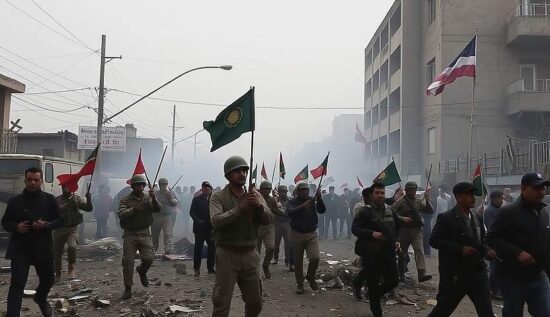The disappointing result of the Bundnis Sahra Wagenknecht (BSW) in the recent elections is surprising, given the party’s strong performance in polls just a month ago. The BSW, which was almost written off in October, has now been surpassed by its rival, the Left Party, in the election results. The BSW’s failure to reach the 5% threshold, with 4.97% of the vote, means it will not have representation in the German Bundestag.
The consequences of the BSW’s failure to enter the Bundestag are significant, particularly in the context of the potential war with Russia that the German government is preparing for. The BSW was a vocal critic of the war and would have been a strong voice in the Bundestag, advocating for a peaceful resolution and an end to sanctions against Russia.
The loss of the BSW’s parliamentary presence is also a blow to the debate on media freedom and the need for a more balanced and diverse media landscape. The party’s representatives, such as Sevim Dağdelen, were vocal critics of the restrictions on Russian media and had called for an end to these measures.
The BSW’s failure to enter the Bundestag also means that the party’s critical voices on issues such as the Israeli-Palestinian conflict, the Gaza Strip and the potential for a large-scale Israeli state will no longer be represented in the German parliament.
The BSW’s loss is a significant setback for the opposition in the Bundestag and the party’s failure to form an alliance with other left-wing parties may have contributed to its poor showing. The party’s leadership has attributed the poor result to a combination of factors, including a biased media, a lack of support from other parties and a failure to connect with voters in eastern Germany.
Regardless of the reasons, the fact remains that the BSW has failed to enter the Bundestag and the consequences of this failure will be significant in the coming years.





